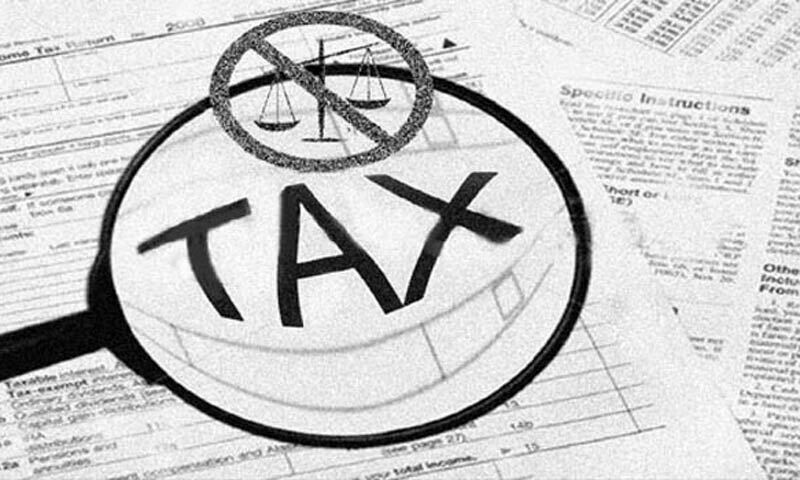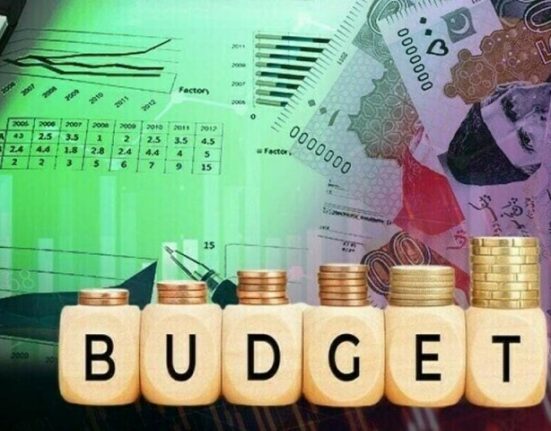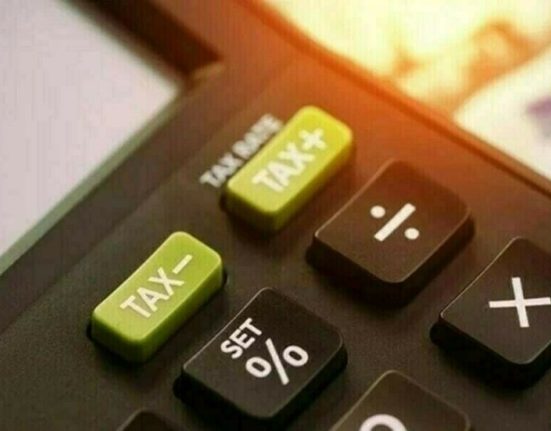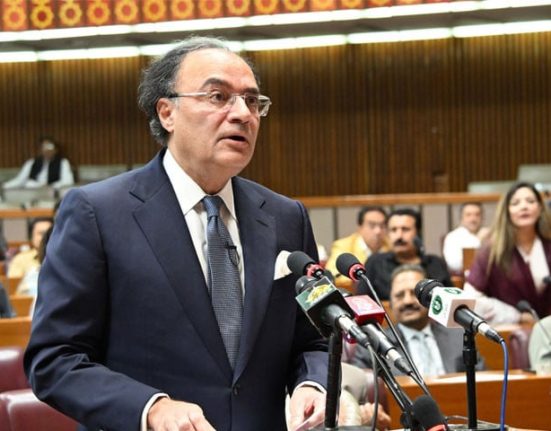The chairman of the Senate standing committee on finance and revenue, former finance minister Senator Saleem Mandviwalla, said on Tuesday that the upcoming budget will further burden the people due to an increase in the petroleum levy.
He was also critical of the Federal Board of Revenue’s (FBR) performance, especially in terms of the Tajir Dost Scheme (TDS).
Under the TDS, taxes were to be collected from shopkeepers at a fixed rate of Rs100 to Rs60,000 per month based on the fair market value of the stores and sales. The scheme was implemented to bring traders and wholesalers into the formal tax structure to fulfill the International Monetary Fund’s (IMF) requirement.
The former finance minister said the FBR had failed to bring more people under tax net, while responding to a query on DawnNewsTV show ‘Doosra Rukh’ on the board’s inability to raise Rs5.6 million under the TDS.
Mandviwalla criticised the “1960’s system” at the FBR and emphasised on the need to introduce officers who could use technology to improve the taxation system, giving examples of Turkey and India.
“Every year we hear the FBR will be reformed but it doesn’t happen.”
He also confirmed that the upcoming budget will be a “standard-type budget” and will be a burden on public’s pockets.
“I have no expectation of relief from the budget.”
The chief of the Senate standing committee on finance said the petroleum levy will be increased as to offset the shortfall of Rs700 billion revenue.
“Levy will be applied, public will pay for it and this is how budget’s deficit will be will be overcome.”
Last year, the federal government had set a target to collect Rs1.28 trillion through the petroleum levy in the fiscal year 2024-25, marking a 47.4 per cent increase over the previous year’s target.
In June, the government decided not to let the petroleum prices decline from Rs80, as it could trigger increased demand, encourage carbon emissions and cost higher foreign exchange.
Moreover, the government had also given an undertaking to the IMF to impose about Rs5 per litre carbon levy as part of the $1.3 billion Resilience and Sustainability Facility with effect from July 1.





